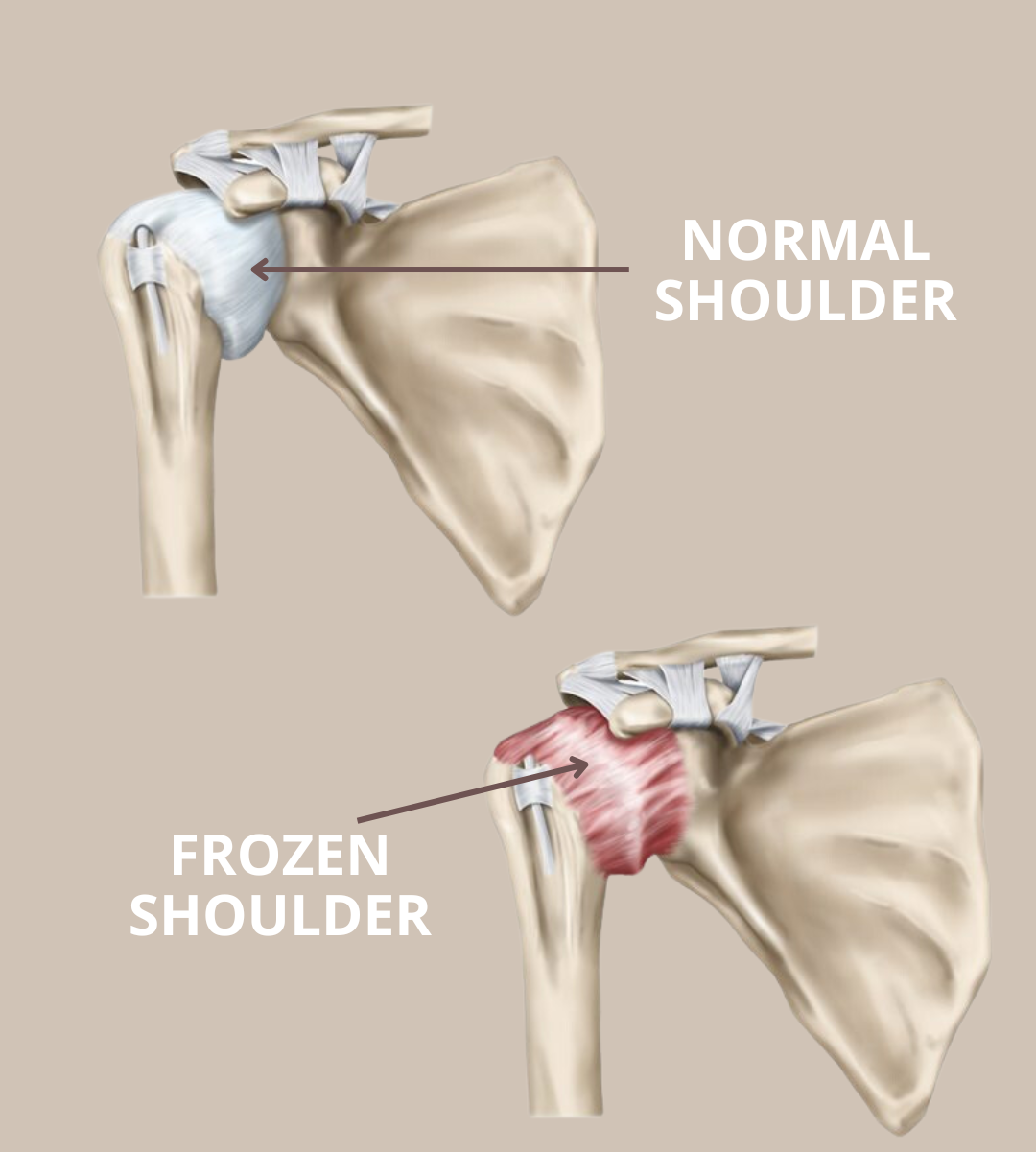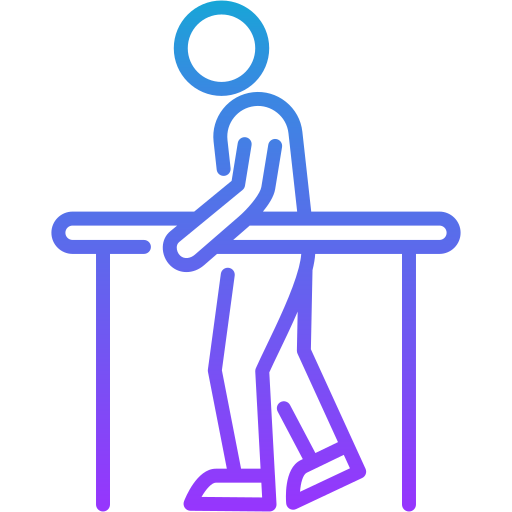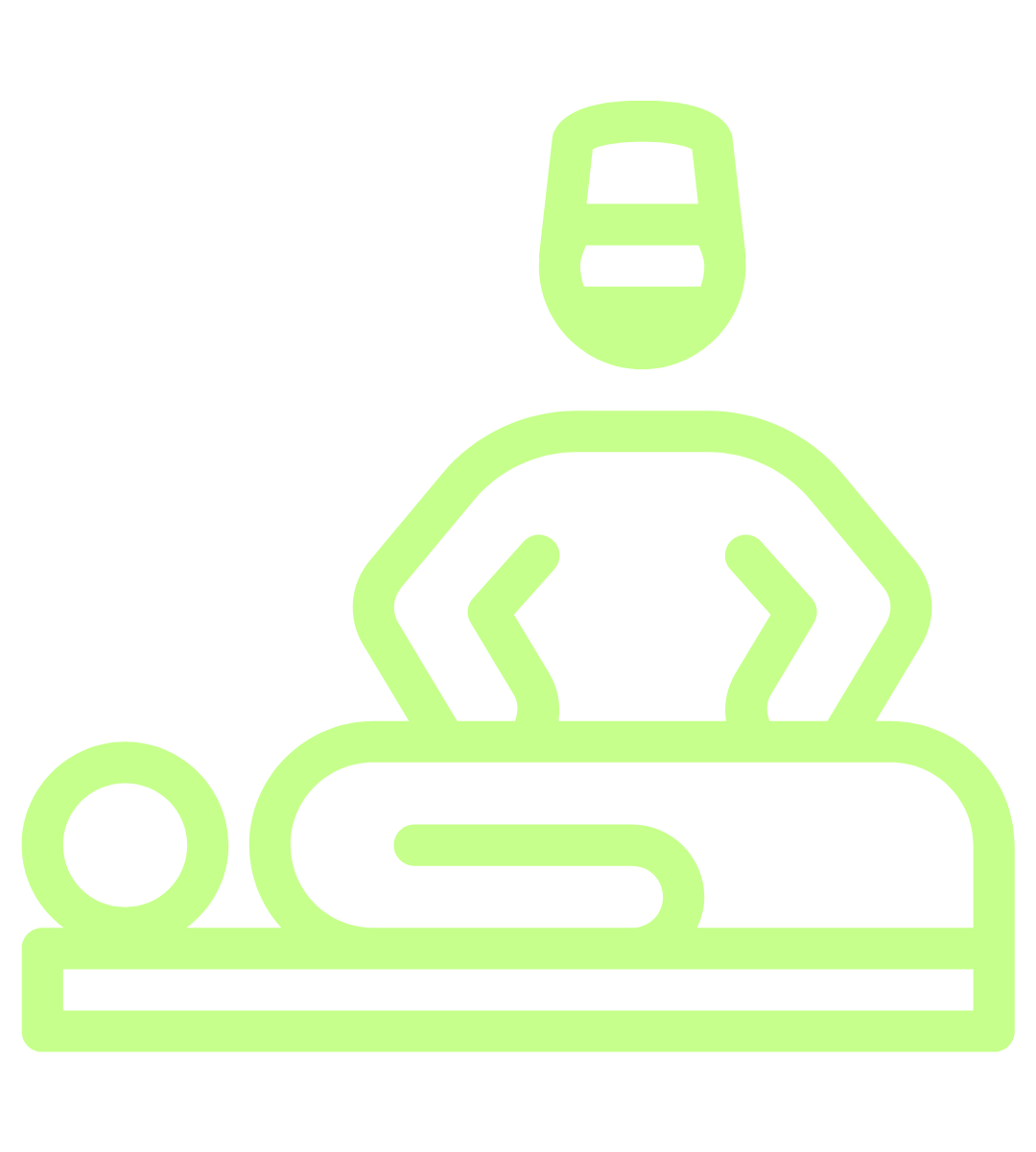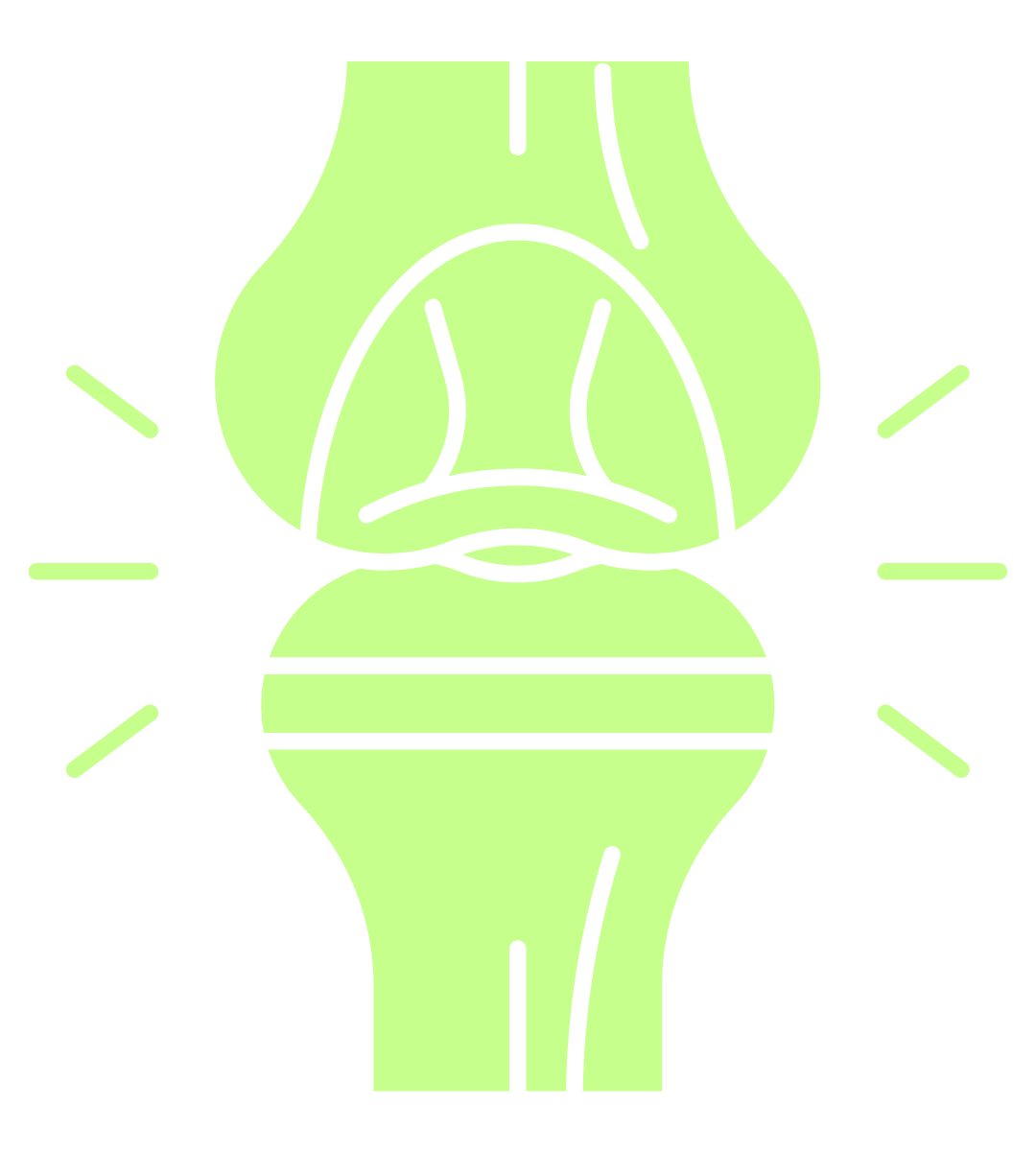
Frozen Shoulder
Frozen shoulder, also called adhesive capsulitis, causes pain and stiffness in the shoulder. Over time, the shoulder becomes very hard to move.
After a period of worsening symptoms, a frozen shoulder tends to get better, although full recovery may take up to 3 years. Physical therapy, with a focus on shoulder flexibility, is the primary treatment recommendation for frozen shoulder.
Frozen shoulder most commonly affects people between the ages of 40 and 60, and it occurs in women more often than men. In addition, people with diabetes and thyroid conditions are at an increased risk for developing frozen shoulder. However, a frozen shoulder can happen to anyone at any time. Sometimes it may happen after an injury or surgery.
Know More
About Arthroscopy for Frozen Shoulder
-
 Symptoms
Symptoms
-
 Diagnosis
Diagnosis
-
 Why Is Treatment Needed?
Why Is Treatment Needed?
-
 Recovery
Recovery
-
 Prevention
Prevention
Frozen shoulder typically develops slowly in three stages.
- Freezing stage. Any movement of the shoulder causes pain, and the shoulder’s ability to move becomes limited. This stage lasts from 2 to 9 months.
- Frozen stage. Pain might lessen during this stage. However, the shoulder becomes stiffer. Using it becomes more difficult. This stage lasts from 4 to 12 months.
- Thawing stage. The shoulder’s ability to move begins to improve. This stage lasts from 5 to 24 months.
Physical exam: A doctor will examine the shoulder and arm, and test range of motion.
Medical history: A doctor will take a medical history and ask about symptoms.
Imaging tests: A doctor may order an MRI, CT scan, X-ray, or ultrasound to confirm the diagnosis. An MRI can show thickening of the joint capsule. An ultrasound can show thickening of the inferior capsule and coracohumeral ligament, rotator interval abnormality, and restricted range of motion.
Frozen shoulder, also known as adhesive capsulitis, is a condition that causes pain and stiffness in the shoulder. Treatment is needed to reduce pain and stiffness, and to maintain the shoulder’s range of motion. If left untreated, frozen shoulder can cause long-term pain and stiffness, and may lead to loss of mobility.
After surgery, physical therapy is necessary to maintain the motion that was achieved with surgery. Recovery may take 6 weeks to 3 months.
Long-term outcomes after surgery are generally good, with most patients having reduced or no pain and improved range of motion. In some cases, however, even after several years, the motion does not return completely and some degree of stiffness remains. Although uncommon, frozen shoulder can recur, especially if a contributing factor like diabetes is still present.
WHY US?
Why Choose Dr. Apoorv Dua
At our clinic, Dr. Apoov Dua provides expert care in Frozen Shoulder. With years of experience in orthopedic surgery, Dr. Dua specializes in minimally invasive techniques, ensuring faster recovery and improved long-term outcomes for his patients.

50,000+
Patients Experience

25,000+
Procedures

1000+
Trauma surgeries

5000
Joint Replacement Surgeries
Check Surgery Cost
We believe in transparency. You can enquire about the Surgery Cost and we will help you with complete detailed treatment process till your recovery.
Frequently Asked Questions About Frozen Shoulder
Frozen shoulder is a stiff and painful shoulder caused by inflammation, swelling and contraction of your shoulder lining (capsule). It is also known as adhesive capsulitis.
You should have less pain and be able to use your shoulder better.
Simple painkillers and anti-inflammatory painkillers such as ibuprofen can help control the pain but you will usually need stronger painkillers. A steroid injection into your shoulder joint can sometimes reduce pain and stiffness. Physiotherapy is often helpful in improving movement if the pain can be controlled. Arthrographic hydrodilatation (stretching of the capsule by a high-pressure injection) has been shown to help.
The operation usually takes 30 minutes to an hour. Your surgeon will make two small cuts, about half a centimetre long, one at the front and one at the back of your shoulder. They will insert a small telescope through one of the cuts so they can examine the joint. They will insert surgical instruments through the other cut to divide the tight, thickened capsule to improve the range of movement of your shoulder.
You should be able to go home the same day.
You do not need to wear a sling and aim to use your shoulder as much as possible. It usually takes about 6 months to get a good range of movement.
Regular exercise should help you to return to normal activities as soon as possible. Before you start exercising, ask the healthcare team or your GP for advice.
Most people make a good recovery, have less pain and can use their shoulder better.
If you smoke, stopping smoking now may reduce your risk of developing complications and will improve your long-term health.
Try to maintain a healthy weight. You have a higher risk of developing complications if you are overweight.
Regular exercise should help to prepare you for the operation, help you to recover and improve your long-term health. Before you start exercising, ask the healthcare team or your GP for advice.
Speak to the healthcare team about any vaccinations you might need to reduce your risk of serious illness while you recover. When you come into hospital, practise hand washing and wear a face covering when asked.
What Our Patients Say





Based on 160 reviews








